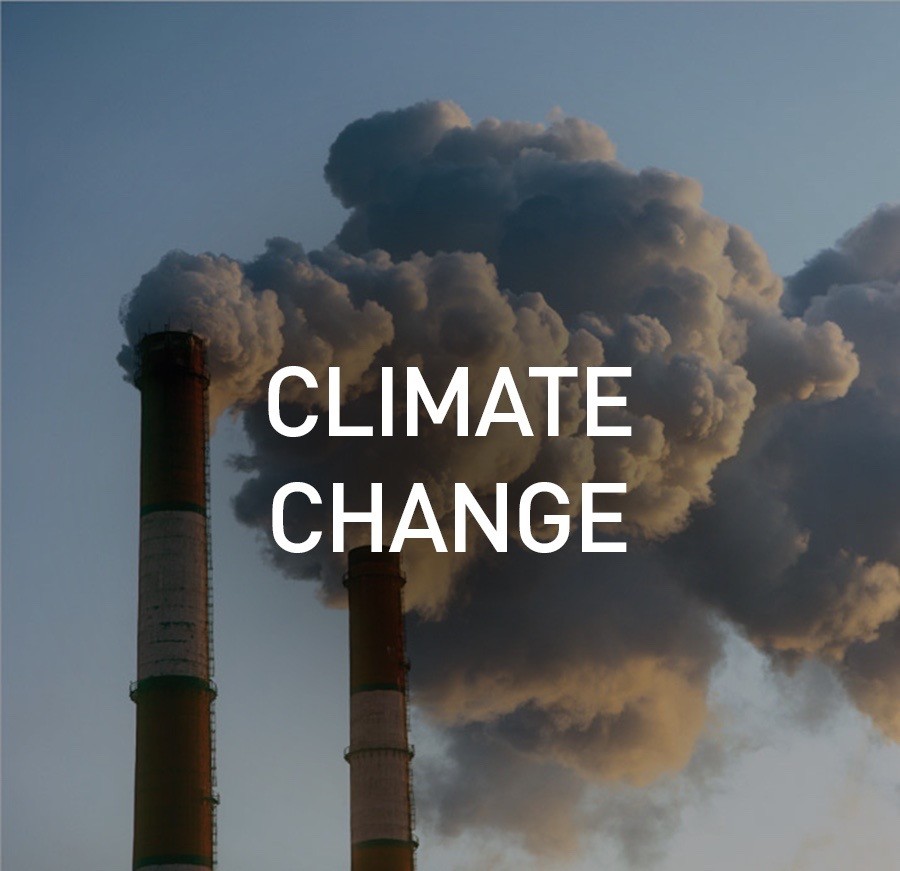Age poses no problem to forestalling climate collapse
13 year old challenges NC lawmakers on recent carbon emission laws
Earth, being the cradle of humanity, houses a careful balance of gases that has allowed life to flourish for nearly four billion years; but that balance may be in danger as human activities continue to alter the cyclical nature of the climate. If lawmakers do not act quickly and effectively to put regulations on harmful gas emissions, the fate of the planet will be at stake.
By definition, climate is the average pattern of weather for a particular place over multiple decades, whereas weather describes current atmospheric conditions. It is important to understand the difference between climate variability and climate change, two common terms used when discussing the state of earth’s climate. The climate, as previously mentioned, is cyclical and varies naturally over time, weather occurrences such as El Niño can alter the climate, but only in the way that is natural for the time. It is not until something is added to the cycle (i.e excess greenhouse gases) that the natural order of things begins to change, this is where harmful human practices come into play.
Humanity will inevitably be what drives mother nature to her brink. Harmful industrial practices, including the drilling for oil, burning of coal and deforestation of the world’s forests only include some of what humans are doing to destroy the environment. Each of these practices shares the common thread of basic capitalism as big businesses rush to make a profit, all while ignoring the cries of the earth and the people who are trying to change the planet’s fate. Something must be done, people everywhere must strive to educate themselves on this topic and industry must begin to regulate their practices, or they’ll continue to destroy the climate altogether.
According to climate change scientists on nasa.gov, human expansion of the greenhouse effect is the main contributor to global warming. The greenhouse effect occurs when certain gases trap heat from the sun in the lower atmosphere, raising global temperatures and affecting conditions across the planet. The most common greenhouse gases include water vapor, methane, nitrous oxides, chlorofluorocarbons, and carbon dioxide. Water vapor is controlled by the hydrologic cycle (also known as the water cycle) and is the most abundant greenhouse gas, also possessing the abilities to trap and hold heat which inevitably causes the earth to warm, which could lead to widespread sickness, crop failure, and species extinction. Methane is less abundant but stays in the atmosphere for roughly 12-18 years; it is the result of decaying wastes in landfills and poor manure management. Nitrous oxides are the result of the burning of fossil fuels and stay in the atmosphere for 114-120 years. Chlorofluorocarbons come as a result of synthetic compounds of industrial origins used in multiple applications (think hairspray, fire extinguishers, and refrigerators) and are slowly being phased out of use as a result of the Montreal Protocol, which limits production and consumption of compounds that deplete ozone (CFC’s) in the stratosphere, in 1987. Carbon dioxide emissions are one of the most predominant greenhouse gases with 70% coming from human activities such as oil drilling and coal mining; scientists say that carbon concentrations have increased by a third since the start of the industrial revolution. CO2 stays in the atmosphere for roughly 50-120 years, and that is exactly why Hallie Turner of North Carolina is trying to reduce North Carolina state emissions.
The Clean Power Plan was adopted on August 3rd by President Obama. According to whitehouse.gov the plan sets an action course to reduce carbon emissions by 32% from 2005 levels until 2030, 9% more than the previous propsal. The act enables states to develop tailored implementation plans to meet those goals, which is where Hallie Turner, 13, comes into action. Weather.com reports that Hallie brought her case to court at the attention of North Carolina Environmental Management Commission when they rejected her petition that called for the state to begin reducing CO2 emissions by at least 4% each year. Her petition was declined on the notion that there were already federal standards in place regarding carbon emissions and that her proposal would be going beyond those federal demands.
It is estimated that North Carolina has the 18th highest rate of carbon emissions in the nation. North Carolina Department of Environmental Quality communications director Mike Rusher told Weather.com that greenhouse gas emissions have already been reduced 20% since 2005. Even then, it’s important to realize the long-term effects of not reducing emissions as well as how North Carolina plays a role in national emission standings. If federal limitations of emissions are not implemented, and the earth continues to warm, life as we know it will cease to exist. All ages should be concerned with the fate of the planet; Hallie Turner is an inspiration to the maturing generations as she takes strides to have her voice heard and help change the tides of climate change.





